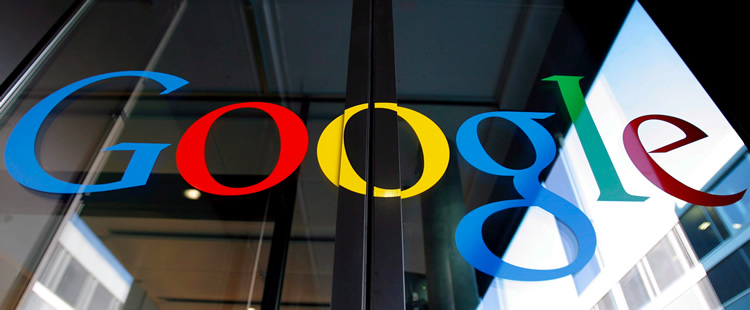Remember the buzz regarding those absurdly difficult and often abstract questions Google proposed to prospective employees? The senior VP of People Operations at Google admits those challenging brainteasers – ones like, "How many times a day does a clock's hands overlap?" and "Design an evacuation plan for San Francisco" – turned out to be a "complete waste of time" for the company. "They don't predict anything. They serve primarily to make the interviewer feel smart." Laszlo Bock told the New York Times.

Although Google hiring personnel would ask job candidates plenty of useful questions, sometimes they weren't quite so practical. Some examples include:
- A man pushed his car to a hotel and lost his fortune. What happened?
- You are shrunk to the height of a nickel and your mass is proportionally reduced so as to maintain your original density. You are then thrown into an empty glass blender. The blades will start moving in 60 seconds. What do you do?
- How many golf balls does it take to fill a school bus?
- In a country in which people only want boys, every family continues to have children until they have a boy. If they have a girl, they have another child. If they have a boy, they stop. What is the proportion of boys to girls in the country? (question for product managers)
- Explain the significance of "dead beef" (question for software engineers)
Equally useless in predicting the quality of a future hire are college GPA and test scores. "After two or three years, your ability to perform at Google is completely unrelated to how you performed when you were in school, because the skills you required in college are very different." explained Bock.
Rather than issuing mind-numbing riddles and letting interviewers "make stuff up", what does work are structured interviews with a uniform rubric for assessment. More typical questions like, "Give me an example of a time when you solved an analytically difficult problem" provides more insight into a potential hire than most mind-bending enigmas.
So, how much should you charge to wash all the windows in Seattle? $10 per window, of course. Thankfully though, Google interviewees no longer need answer these types of prickly conundrums to flaunt their brainy mettle -- a move that was for the best, according to the company's data and experiences.